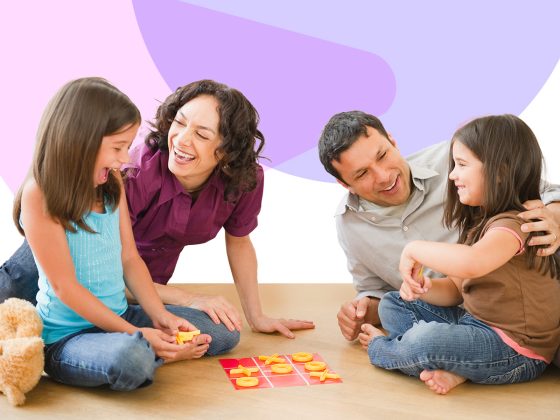
Shaping an Engaging Learning Environment
Your space is full of opportunities for children to learn and grow!
Children learn in so many different ways: from grown-ups, each other, and even the environment. Young children rely on their senses to engage with the world around them and the spaces they are in. When the spaces they are in are safe, accessible, and engaging, the possibilities for learning can be endless.
Consider the following to help you make the most of your space and encourage children to learn and connect with you:
- Organization and safety:
- Look around your space from the level of a child to get a better sense of what they might experience. Are things they need (supplies, toys, comfortable rest areas, etc.) within reach, while unsafe or “grown-up” things are appropriately out of reach?
- Accessibility:
- As you go through your daily routines, consider using a visual schedule or a “First, Then” board to help children get excited about their day and remember what comes next.
- Indoor/outdoor considerations:
- Children may naturally gravitate toward certain spaces: a comfy chair or a shady spot under a tree. Try to notice where they seem to feel at ease, and consider how you might add a special touch to make that space feel even more welcoming to them. You might add a small pillow and blanket to help kids get cozy with a good book. Or you could offer a picnic blanket or bench so they can linger a little longer.
- Play materials:
- Brushing up on childhood milestones can be a great way to make sure the play materials you offer to children are appropriately challenging.
- When choosing toys or other materials, consider how you can support many different types of play. For example, provide board games to encourage structured play, a box of dress-up clothes for dramatic play, and a water table for sensory play.

The Power of Following Children’s Lead
Joining children in their play offers so many opportunities to encourage, communicate, bond, spark and share joy, teach, show warmth and kindness, and help them thrive.
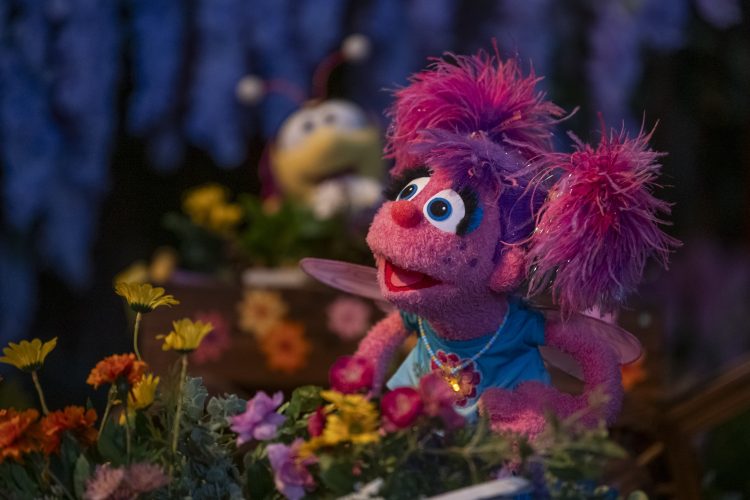
Watch and Play: Abby's Magical Beasties
Watch this episode and explore ways to extend the learning at home.
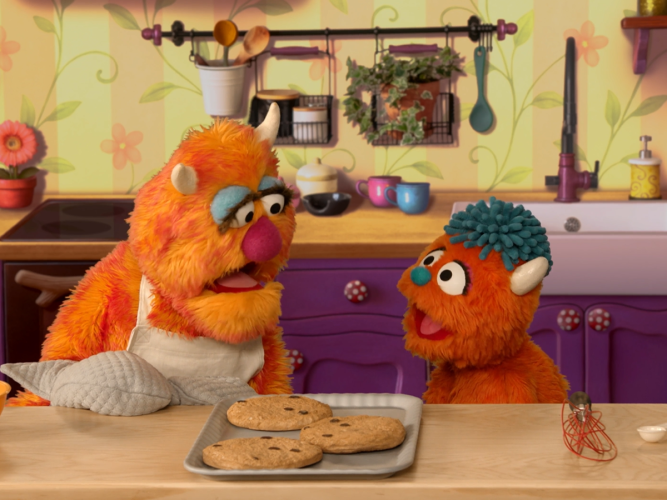
Parenting Moment: Enjoying!
Showing you enjoy your time together with your child builds your special bond. And when you’re being positive, your little one is more likely to do the same.
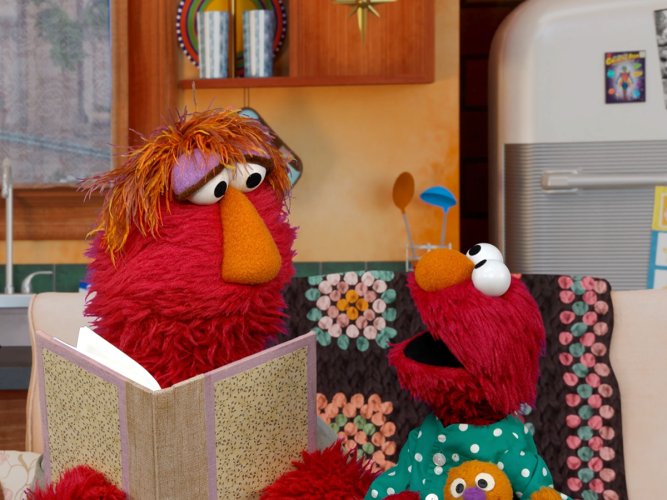
Go To Sleep, Elmo!
Handling a middle-of-the-night monster moment.
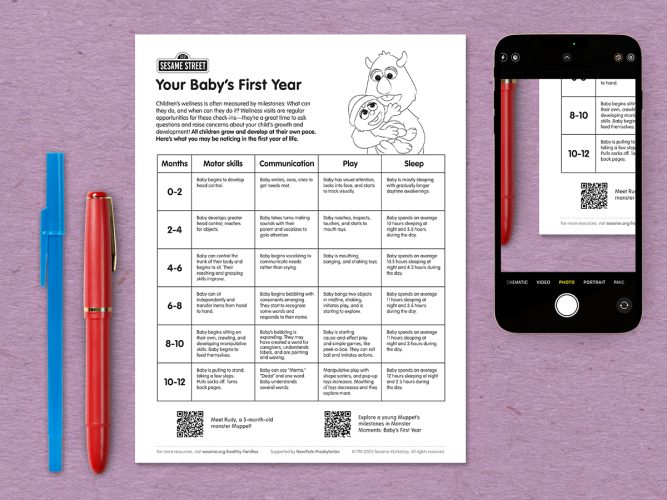
Milestones: Your Baby’s First Year
All children grow and develop at their own pace; use this chart to guide your expectations and observations so you can talk to your child’s pediatrician about questions or concerns.
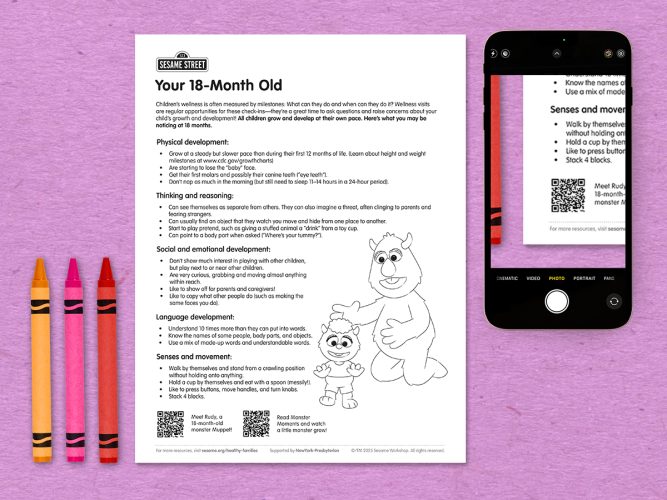
Milestones: Your 18-Month Old
All children grow and develop at their own pace; use this chart to guide your expectations and observations so you can talk to your child’s pediatrician about questions or concerns.
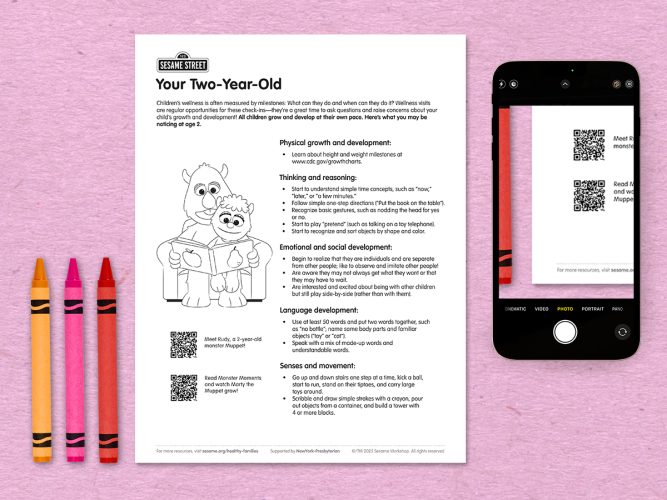
Milestones: Your Two-Year-Old
All children grow and develop at their own pace; use this chart to guide your expectations and observations so you can talk to your child’s pediatrician about questions or concerns.
